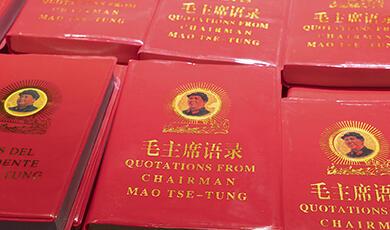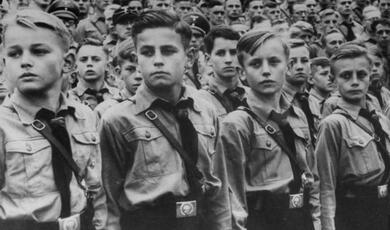China: Art, War and Salvation, 1933-1949
Share
- Details
- Text
- Audio
- Downloads
- Extra Reading
After the founding of the Chinese Communist Party in 1921, many artists and intellectuals in China saw the overthrow of ‘tradition’ as the means to rescue the nation from poverty and backwardness. Rejecting what thev saw as irrelevant avant-garde artistic trends, they looked to the art of the Soviet Union and anti-fascism in Western Europe, as well as to a more ‘authentic’ tradition of folk art. Following the outbreak of the Sino-Japanese War in 1937, artists engaged with the politics of national salvation, and the era between the defeat of Japan (1945) and the Communist Victory in 1949 saw the creation of some key works of modern Chinese culture.
Download Text
This event was on Mon, 19 Feb 2018
Support Gresham
Gresham College has offered an outstanding education to the public free of charge for over 400 years. Today, Gresham College plays an important role in fostering a love of learning and a greater understanding of ourselves and the world around us. Your donation will help to widen our reach and to broaden our audience, allowing more people to benefit from a high-quality education from some of the brightest minds.


 Login
Login







